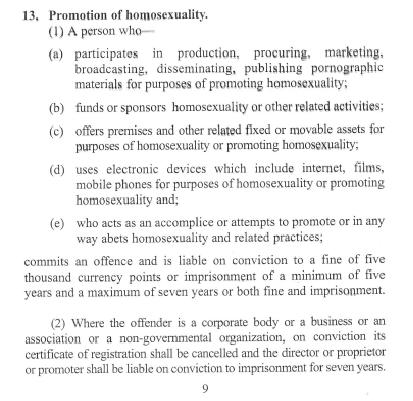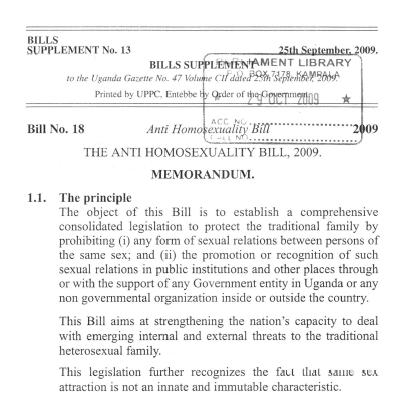UPDATE – 2/14/12: The school board placed this information on their website about the change (scroll down to see the approved policy):
The Anoka-Hennepin School District has a new policy designed to promote a respectful learning environment in which teachers facilitate student discussions of contentious topics in a balanced and impartial manner that encourages development of critical thinking and decision-making skills.
“I believe this policy is the best thing for Anoka-Hennepin and for all students,” said Board Chair Tom Heidemann, who went on to say it “takes away some of the confusion that existed in the previous policy.”
The School Board approved the Respectful Learning Environment – Curriculum Policy Feb. 13 following more than two months of discussion and hours of public input regarding replacement of the Sexual Orientation Curriculum Policy (SOCP). Some teachers felt that the SOCP was confusing. Board members asked the administration to bring forward a new policy that would eliminate the confusion.
The board sought a policy that would address any issues that may be contentious instead of focusing on specific topics. (The new policy replaces the Religious Activities Policy as well as the SOCP.) They also wanted to ensure that staff would not attempt to persuade students to adopt a particular viewpoint, and to clarify that the board-adopted curriculum is the basis for education in district schools.
After rejecting an earlier proposal in December when public input revealed little support for it, staff developed the Respectful Learning Environment-Curriculum Policy and presented it to the board Jan. 23. According to Paul Cady, district general counsel, the new policy meets the intent of the board, responds to public input, and reflects academic research on how to best deal with issues of public controversy that may arise in the classroom.
“It’s not the district’s role to take a position on these issues and it’s not acceptable for professional staff to persuade students to adopt or reject any particular viewpoint,” said Chair Heidemann. This was one of several elements he felt were missing in the previous policy.
He also stressed that the district’s curriculum will not change as the result of adopting the Respectful Learning Environment – Curriculum Policy. “Curriculum changes only if there are four votes on this School Board,” Heidemann said.
Board member John Hoffman noted that the district has a transparent process for adopting curriculum and community members have the right to participate in that process.
Board members also stressed that the new policy emphasizes a safe and respectful learning environment for all students. “It gets to the intent of our founding fathers of this great state and ensures all are welcome to participate in this wonderful experience of free, public education,” said Hoffman
Board member Scott Wenzel stressed that by adopting the Respectful Learning Environment-Curriculum Policy the board removes a policy that singles out one minority group and establishes the dignity and self-worth of all students. “I believe our teachers always have the best interests of students at heart. [This policy] provides the reassurance that our teachers will continue to do that.”
The proposed policy opens with a commitment to a safe and respectful learning environment for all students and an education that respects all students and their families. It stresses that teachers must follow the board-adopted curriculum, which is based on state standards, and it acknowledges that political, religious, social or economic issues may be contentious in a learning environment “in which conflicting views are held by a broad segment of people in our schools, our community and our nation.”
The policy states that the district does not take positions on these issues and that staff shall not attempt to “persuade students to adopt or reject any particular viewpoint with respect to these issues.” When contentious issues are discussed in classrooms, it states that the discussions must be appropriate for the developmental level of students, related to the course content, and presented in a balanced manner with varying points of view. They should be designed to help students “think critically and develop decision-making skills and techniques for examining and understanding differing opinions.”
It closes by stating that in these discussions, staff “shall affirm the dignity and self-worth of all students.”
………
Earlier tonight, various news sources reported that the Anoka-Hennepin School Board was considering a replacement for their gag policy on teacher discussions of sexual orientation. The old policy forbid teachers from discussing with students aspects of sexual orientation as a reality.
(Read policy after the break)
Continue reading “Anoka-Hennepin School District Ends Silence Policy Toward Sexual Orientation”

